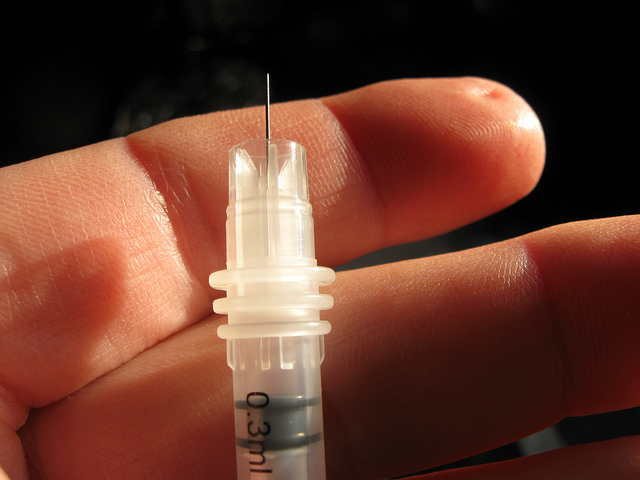Obesity and type 2 diabetes exist hand in hand as prevalent health risks in the United States and major parts of the world. Of the people living in America with type 2 diabetes, as many as 90% of them are also obese. What is scarier is that according to the World Health Organization (WHO), diabetes is projected to be the seventh leading cause of death by 2030. The good news is that with regular exercise and proper diet, type 2 diabetes can be prevented or delayed. As of now, the only primary method of treatment known for patients with diabetes is to receive daily injections of insulin after meals and to carefully monitor sugar intake and absorption, but a new form of diabetes treatment is now closer than ever.
Through mice studies, progress in stem cell research has found that the use of a combination treatment of embryonic stem cells and anti-diabetic drugs has a prominent positive effect. Published in Stem Cell Reports, scientists used severe combined immunodeficient (SCID) mice, or mice with no working immune system, and fed them a high fat diet to eventually have them develop type 2 diabetes. They then treated some of these mice by transplanting human stem cells derived from pancreatic progenitor cells (human pancreas cells) into the mice pancreas, but they found that the mice still had lingering symptoms of type 2 diabetes and obesity. However, treatment with stem cells together with anti-diabetic drugs such as sitagliptin or metformin had marked improvement in weight loss and blood sugar management in just 12 weeks. The use of SCID mice was vital in their experiment because immune compromised mice are more susceptible to type 2 diabetes. In addition, SCID mice accept xenografts (cross species transplantation) of human cells into mice cells, which would have been rejected in normal mice, to study the effect of introducing stem cells to treat diabetes.
Image Source: Oxford Scientific
With this new treatment discovery, type 2 diabetes may be effectively treated with pancreatic stem cell transplants and anti-diabetic drugs in the future instead of daily administration of insulin and careful monitoring of sugar intake and blood sugar!
Feature Image Source: Close up of 30 gauge needle – this syringe holds 30 units by FatCatAnna










